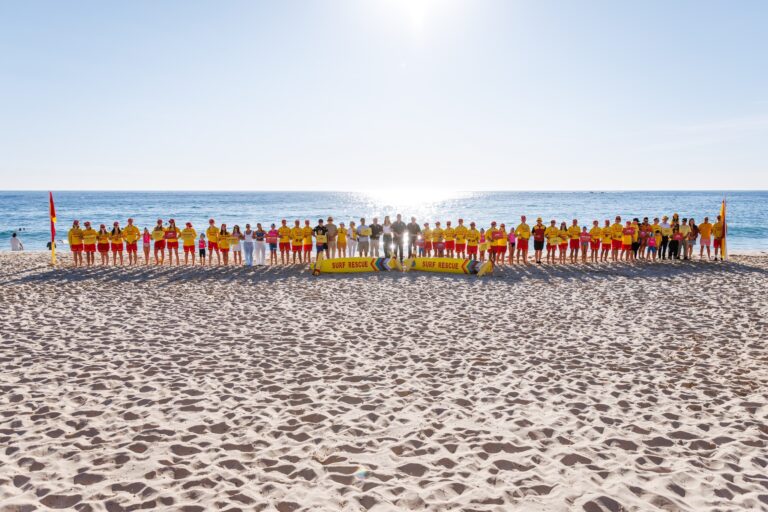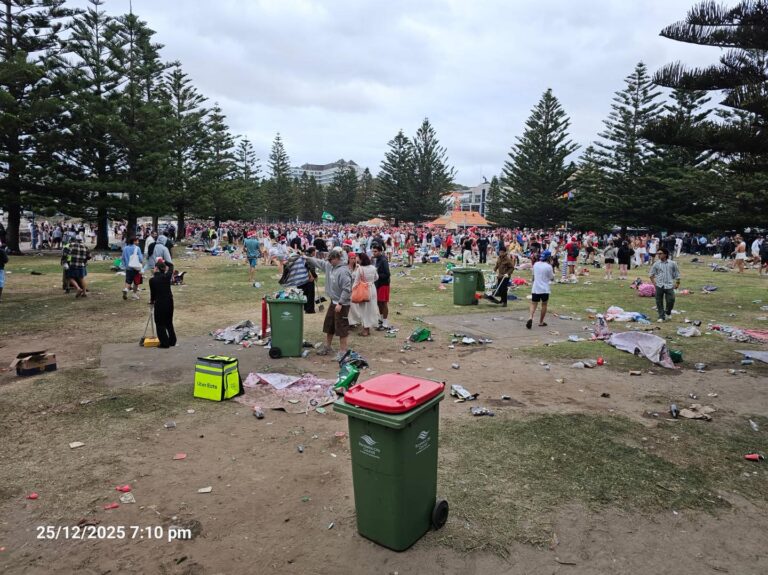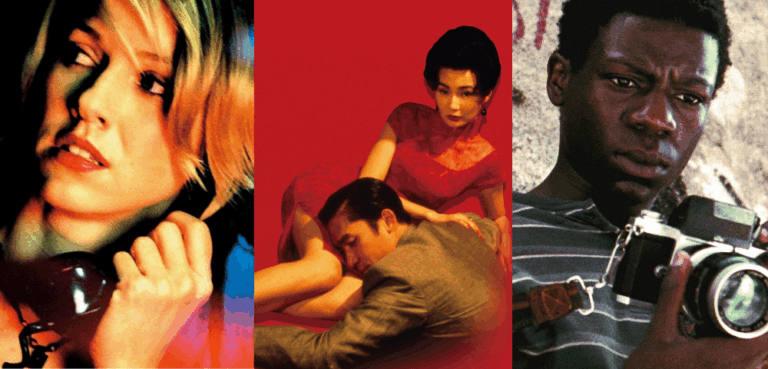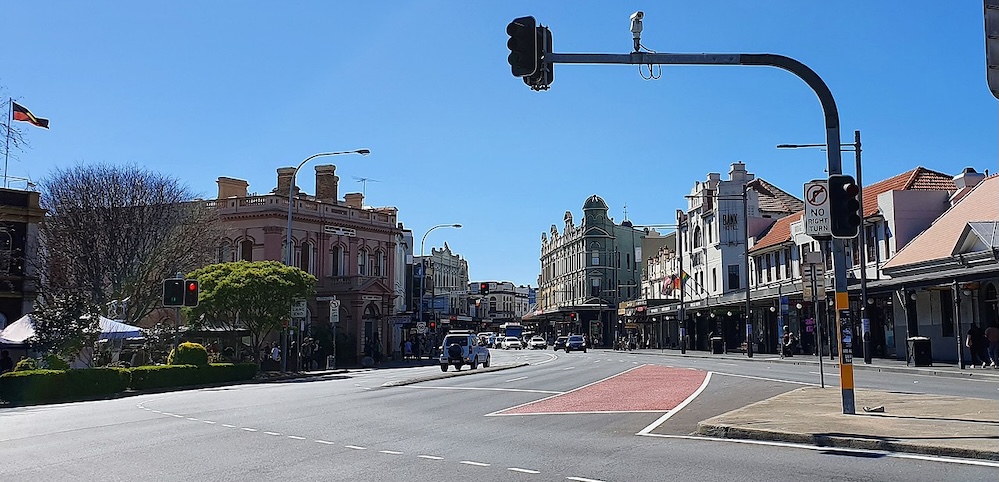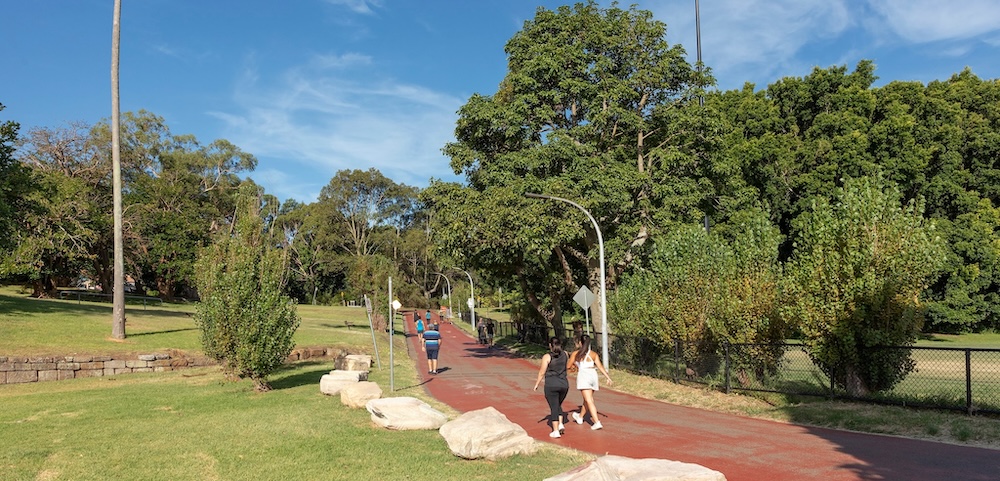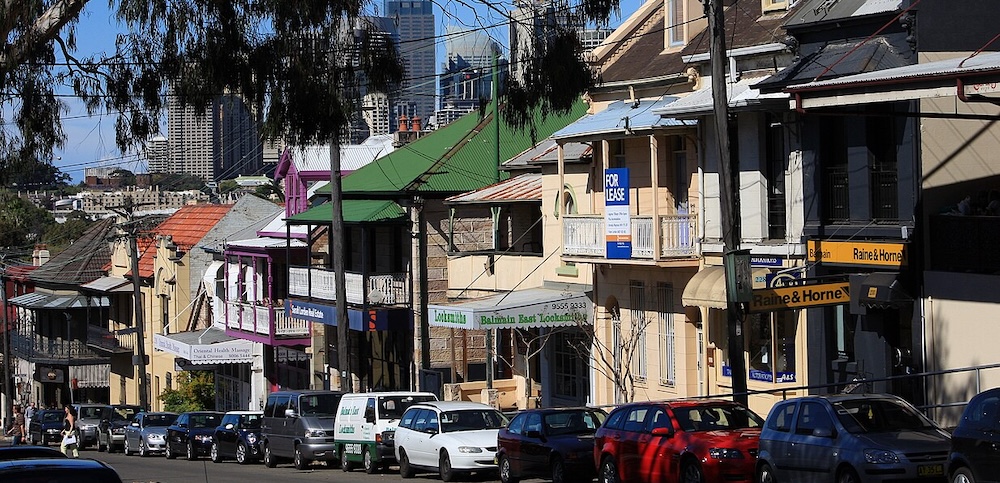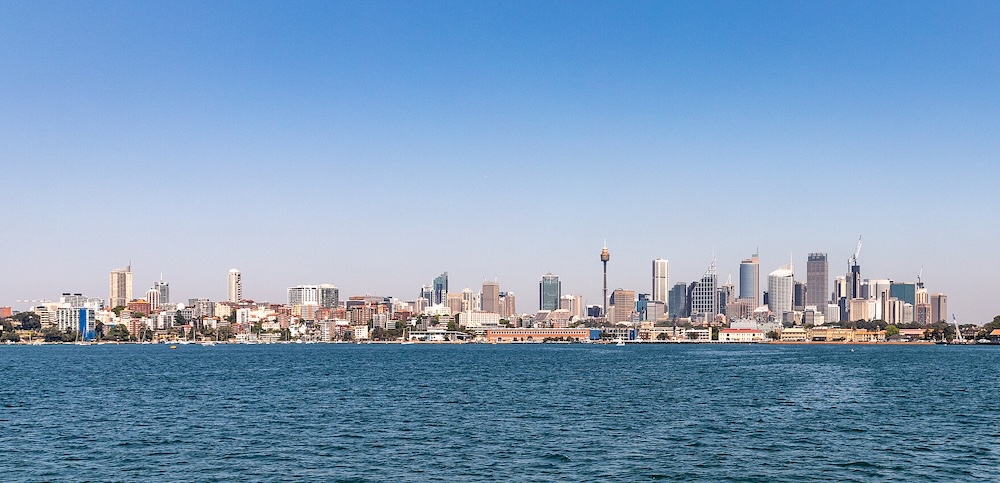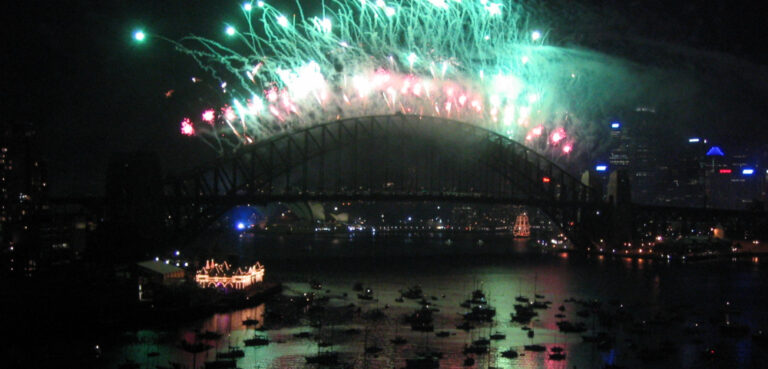
Councillors claim current local council voting forms disadvantage Independents

By SHARLOTTE THOU
Inner West Independent Cr John Stamolis and former Ashfield Mayor Ted Cassidy have criticised local council voting forms for disadvantaging independent candidates.
Cassidy has stated that voters presently “struggle to find their independent choice,” and that “it’s time to put the names of all groups above the line and have a level playing field.”
Currently, independent candidates are not named in ‘above the line’ voting options – which is the option chosen by 80% of voters – where voters only see the names of political parties. Grouped Independents are given an arbitrary name (e.g., Group A, Group B, Group C).
Cassidy stated that this discrepancy has been “acknowledged by the Human Rights Commissioner,” and that there is “an Australian expectation of a ‘fair go’ – that all candidates for election to public office will be treated equally.”
Cr Stamolis told City Hub that local governments are “about people, not parties”, with “90% of councils in Australia not having Labor, Liberal or Greens [candidates].”
Stamolis and Cassidy have described it “odd” that the NSW Electoral Commission has made political parties more prominent and accessible, given the prevalence of independent candidates in local councils across Australia, and that political parties already have a “major advantage” over independent candidates.
“I can fundamentally guarantee that if you have all names above the line, it will change what you see as the election result,” he added.
Cr Stamolis describes the margins between the number of votes received in above and below-the-line voting at the last Inner West Council local elections as “huge”.
In the Baludarri-Balmain Ward, Stamolis received 26.2% of the below-the-line votes, but 15.9% of the above-the-line votes. Similarly, in the Damun-Stanmore Ward, Cr Pauline Lockie won 36.1% of the below-the-line votes, but only received 20.3% of the above-line votes.

He also claims that independent and former Mayor of Marrickville, Vic Macri would “have been easily elected on below-the-line votes,” receiving 28% of these votes. Macri lost to Labor candidates Mat Howard and Zoi Tsardoulias, and Greens candidate Justine Langford in last year’s election.
In the City of Sydney local elections, Clover Moore’s party of independents ticket has side-stepped this issue, leveraging her stable position as the longest serving Lord Mayor.
Stamolis and Cassidy propose that the NSW Electoral Commission revise the voting form to name all parties and groups above the line, which they say will “create a level playing field,” and ensure that “voters are better informed.” Alternatively, they suggest that the Commission could adopt group labels for all entities and omit political party names.
Stamolis told City Hub that he and Cassidy will be writing to the Minister to ensure that the issue is dealt with, as it has a “meaningful impact on the results of the election.”
They have noted that the NSW Minister for Local Government will “consider [the issue] when electoral provisions of the Local Government (General) Regulation 2021 are reviewed ahead of the next local government elections.”
